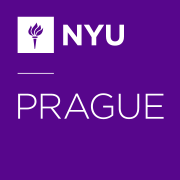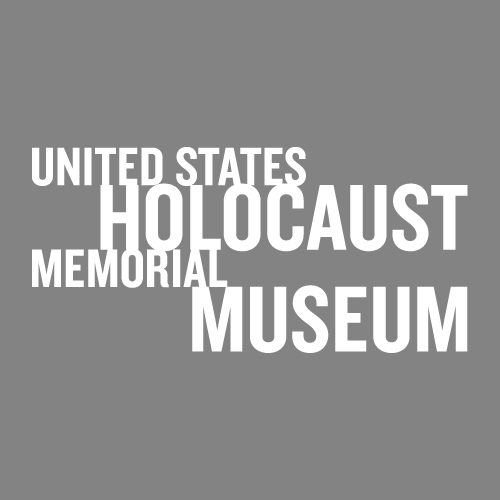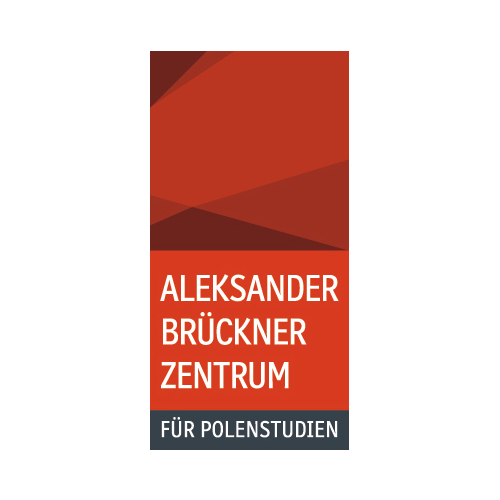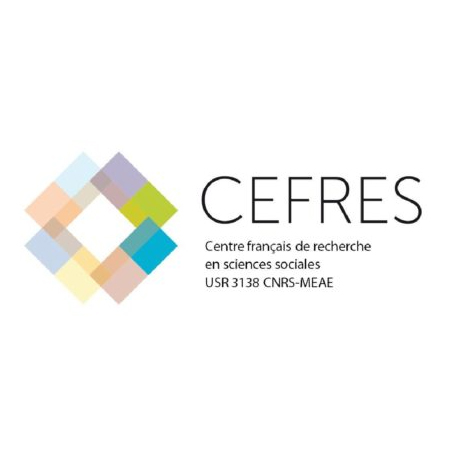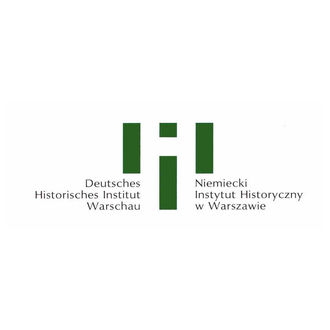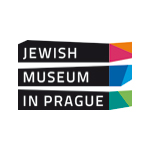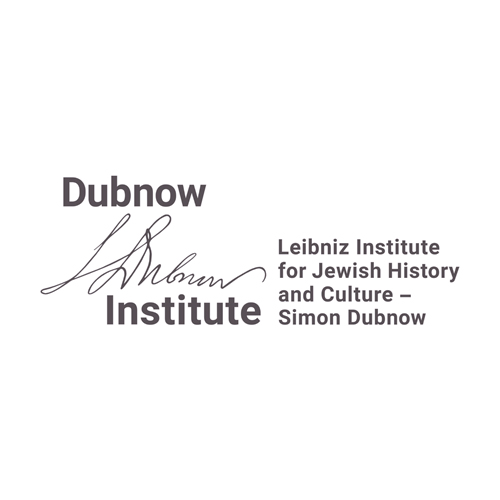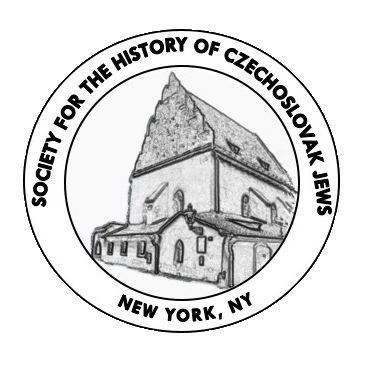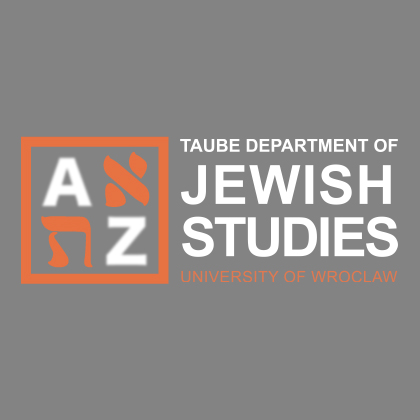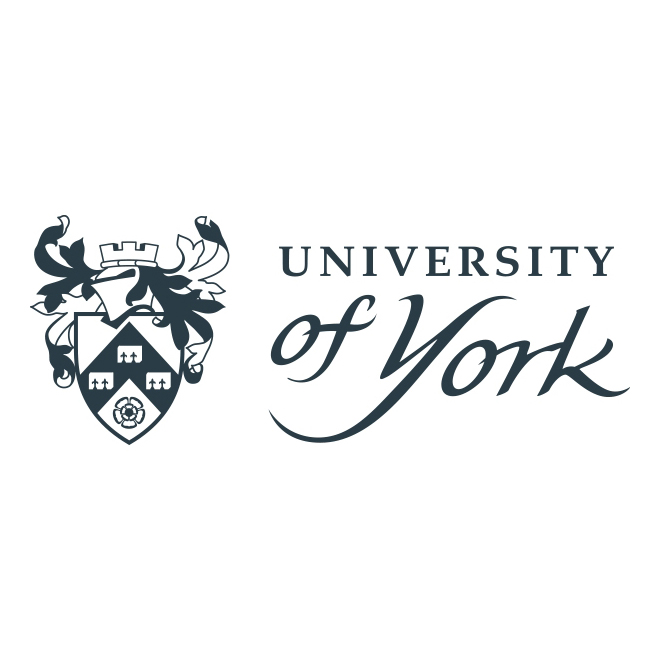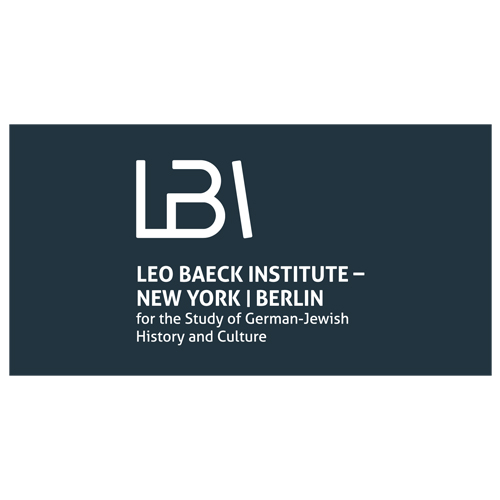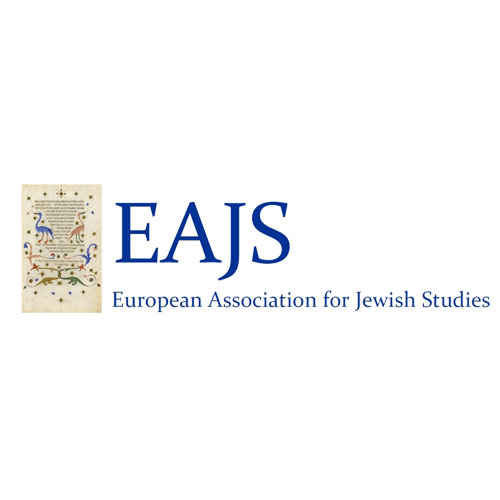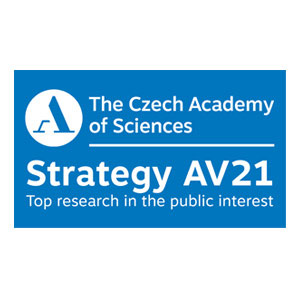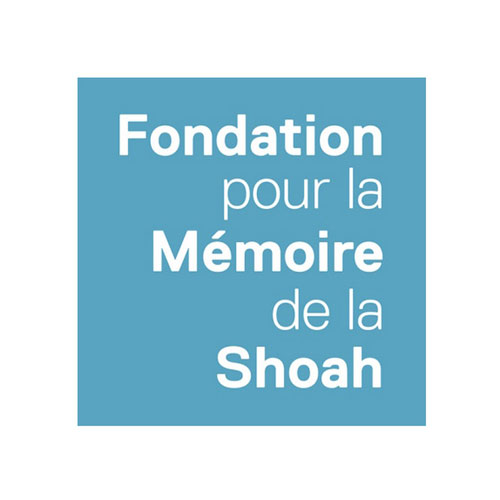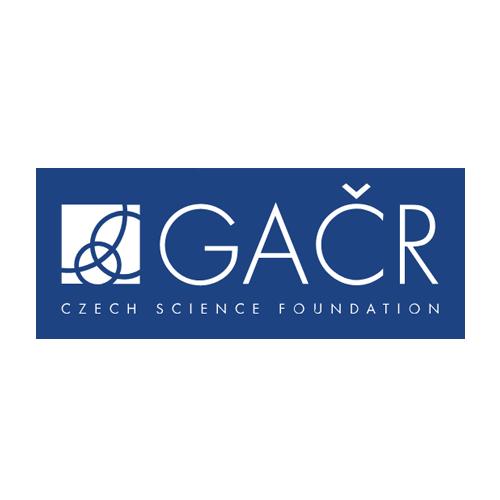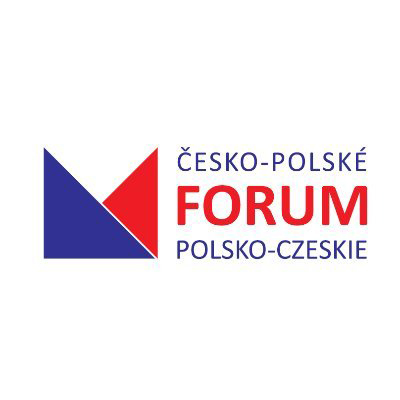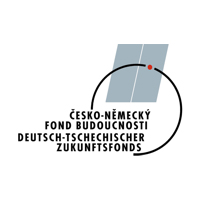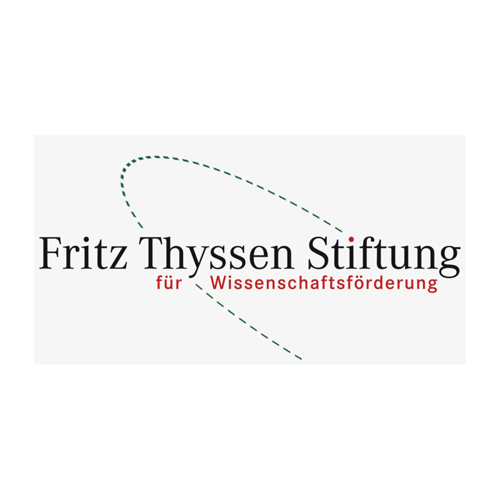Organized by Institute of Contemporary History (Czech Academy of Sciences), Masaryk Institute and Archives (Czech Academy of Sciences) and the Prague Center for Jewish Studies at the Charles University
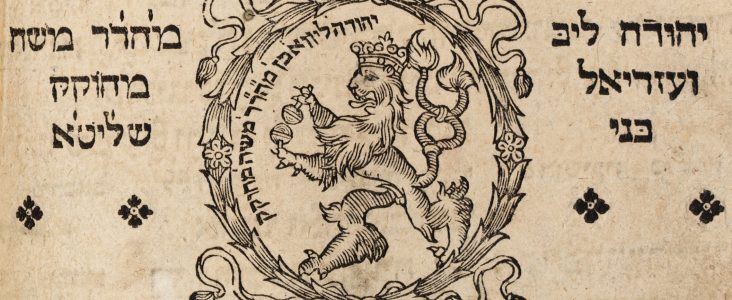
Publishing Books in Early Modern Jewish Prague
12 December 2017 - 5 PM
Olga Sixtová (Charles University, Prague) What factors and who determined the literature to be published in early modern Jewish Prague? Like their readers, the publishers of Jewish literature (often not the same people...

Solving the Housing Crisis: The Eviction and Resettlement of Jews in the Protectorate of Bohemia and Moravia, 1939-1942
28 November 2017 - 5 PM
Benjamin Frommer (Northwestern University, Evanston) By the time the Jews of Bohemia and Moravia boarded transport trains for the Nazi ghettos in Theresienstadt and occupied Eastern Europe, many, if not most, of them had...
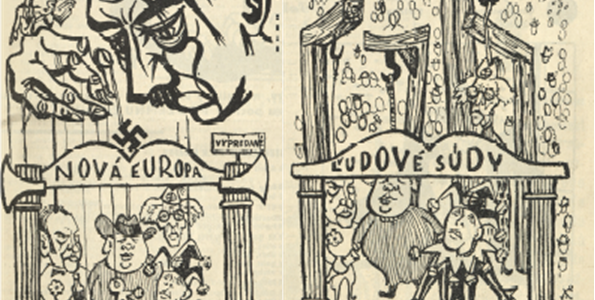
Concerning Retribution: The Holocaust on Trial in Slovakia, 1945–48
14 November 2017 - 5 PM
Michala Lônčíková (Comenius University, Bratislava) Similarly to other European countries that, immediately after the war, were facing the aftermath of German occupation and collaboration, a system of retributive justice...
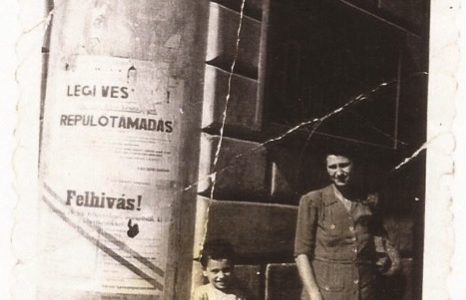
Large Scale Use of Oral History Accounts in the Historiography of the Shoah
17 October 2017 - 5 PM
Éva Kovács (Wiesenthal Institute for Holocaust Studies, Vienna) The Case of the Hungarian-Jewish Slave Labourers in Vienna (1944-45) In the past two decades, thanks to the opening of the digital collections in the...
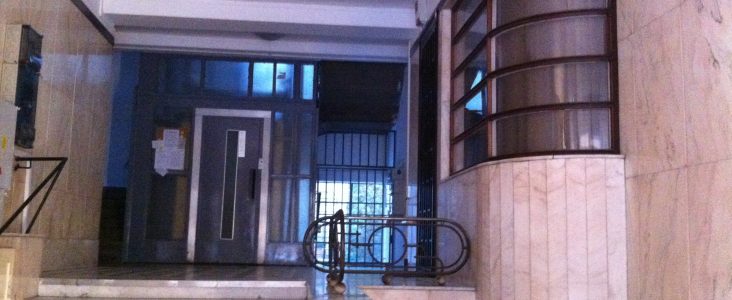
Concierges of Budapest as Ordinary Profiteers of the Holocaust in Hungary
6 June 2017 - 5 PM
Istvan Pal Adam (CEFRES, Prague) During the Second World War, Budapest concierges (in Hungarian, házmester, in Czech, domovník) were a link between the authorities and most Jewish citizens living in the city. This role...
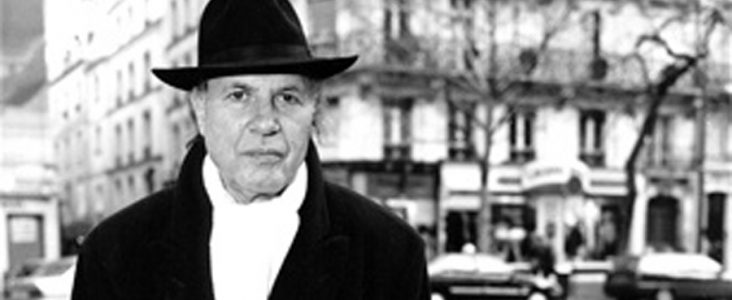
Imre Kertész, the „Medium of Auschwitz“
9 May 2017 - 5 PM
Clara Royer (CEFRES, Prague) To Imre Kertész, “Auschwitz” was the “Ecce homo” of two thousand years of European Christian culture. Such collapse of the so-called humanist culture led him to undertake a radical...
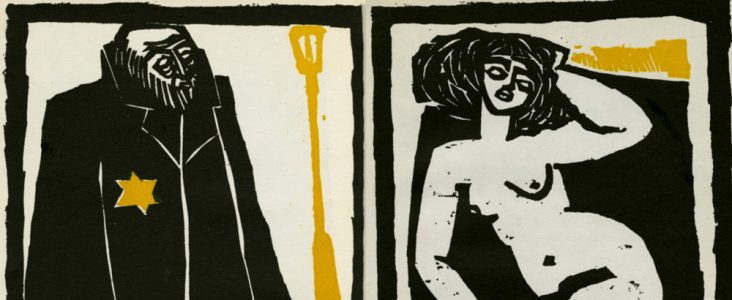
Jews and Popular Culture in 1960’s Czechoslovakia
11 April 2017 - 5 PM
Ilana Miller (University of Chicago) Was there such a thing as “Jewish popular culture” under communism? In this presentation, I use data collected from the publishing and film industries to examine moments of increased...

Austrian Refugee Movements to Czechoslovakia, 1934–39: From Political Exiles to Jewish Refugees
21 March 2017 - 5 PM
Wolfgang Schellenbacher (University of Vienna / EHRI) The political exile of Austrian Socialists in Czechoslovakia in 1934 is different from other refugee movements in central Europe at that time, most noticeably because...
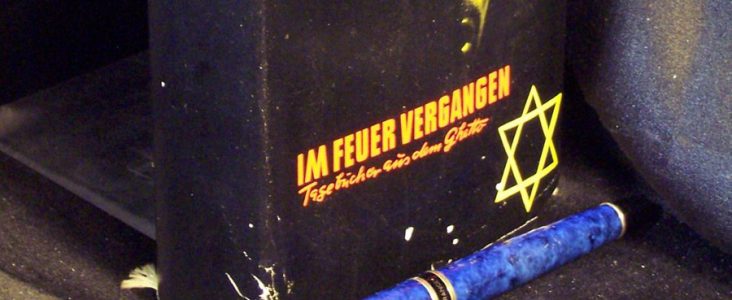
Im Feuer vergangen (Lost in the Fire): East German Holocaust Memory, Cold War Propaganda, and the Jewish Historical Institute in Warsaw
14 February 2017 - 5 PM
Stephan Stach (Institute of Contemporary History, Czech Academy of Sciences) During the 1950s and 1960s a number of books on the Holocaust appeared in the German Democratic Republic. They had their origins in the Jewish...
The seminar is intended to provide a platform for academic discussion about the latest research on Jewish history especially of the last three centuries. Though primarily focused on the Jews of central and east central Europe, the seminar also includes topics related to the Jews of other regions. The seminar is further enriched by including topics not directly concerned with Jews, but enabling one to see Jewish history from other perspectives (for instance, the perspective of other marginalized communities).
Despite our preference for the methods of historical research, the organizers welcome multidisciplinary approaches to the topics, including those of sociology, political science, religious studies, and art history.
During the pandemic the seminar is taking place only virtually as a zoom session. The language of the seminar is English. The seminar is organized by Kateřina Čapková (Institute of Contemporary History), and Michal Frankl (Masaryk Institute and Archive). Since 2018/2019, they cooperate with the Prague Center for Jewish Studies at the Charles University. Your suggestions of speakers should be sent to either capkova@usd.cas.cz or frankl@mua.cas.cz.









